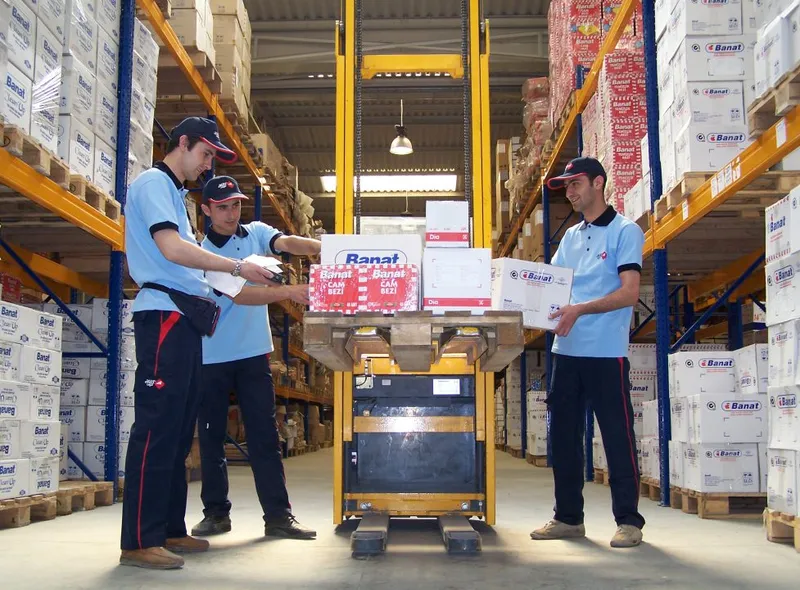

How Planning Logistics Well Can Help Startups Succeed?

We as consumers may never have given much thought to logistics when we order food, clothes and other necessities online. However, the truth is if the logistics are crippled then the entire experience of seamless online or offline purchase goes for a toss. For startups, broken logistics is a nightmare to have. For them to make a maximum market impact, they need to create and sustain a super efficient logistic system.
Here, I share are 5 reasons why start-ups need logistics.
Strategize logistics for smoother execution
A pre-requisite to achieve your start-up goals is to have a clear-cut logistics strategy. It could either be to build an in house logistics team or to find a right partner to collaborate with. Many start-ups opt to work with external logistics providers but find it difficult to zero on the ideal partner – say, which logistics provider would offer the most efficient mini truck booking or which provider offers seamless tracking of vehicles. A better strategy for a startup would be to predict their yearly logistics volume so that one knows the overall cost to the company, this way they are better suited to consequently choose the best logistics option basis their business priority.
Effective execution
The process of logistics, as we know already, isn’t just the transportation of goods and services from the point of origin to the point of consumption but of information too. What startups should look for in a logistics partner is the level of technology they have adopted and implemented to offer seamless operational support. Efficiency is the key to look for when deciding a logistics provider.
Look for transparent costing
There are numerous logistics providers and goods transport service companies offering transparent pricing that is both cost-effective and involves no hidden charges. This makes a huge difference when calculating the gains. For instance, you can actually compare, the costs involved in booking truck online from among the various logistics providers and decide for yourself.
Matching demand and supply efficiently
Scale is important for all businesses. Startups should consider partnering with players who have strategized business well in advance to tackle scalability. Both parties should have a clear vision of matching demand and supply efficiently whenever the need arises. Startups can seek mentorship from large goods transport services companies, who are now increasingly technology-driven and thus can help them understand the aspects of the entire demand and supply process and provide insights that can be used for effective decision making.
Efficient customer support
Efficient customer support is at the heart of operations for any startups and effectively communicating with customers through remote tracking support goes a long way in ensuring customer satisfaction and repeat customers. The last thing you would want as a start-up is to worry that your customers are not being able to track the whereabouts of the mini goods carrier that has their shipment. Think how much it speaks of a company that has a solid customer service team for assisting the customers with whatever query they might have.
These are a few primary reasons why startups are should consider to partner with 3rd party logistics providers. It makes the entire process simpler. Cost-efficient and unified than what would happen with an in-house logistics team. In this fast-changing consumer environment, being ahead of your competitors is a definite propellant that any young start-up needs and logistics helps you do just that.





